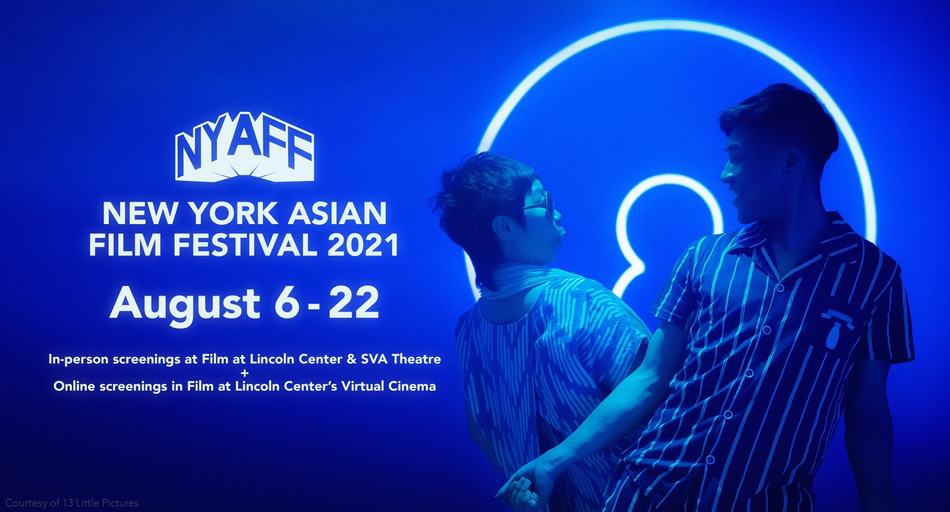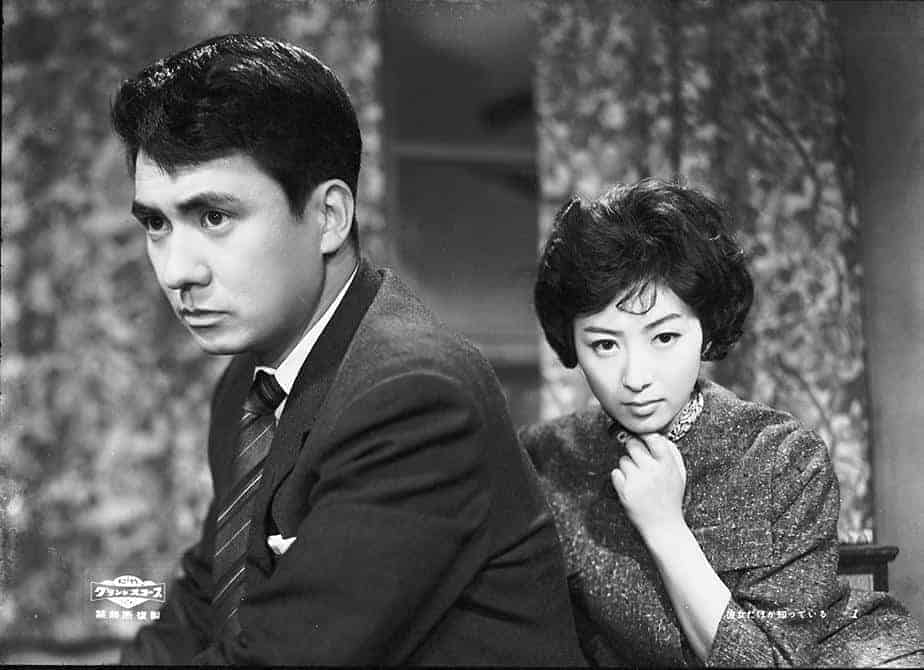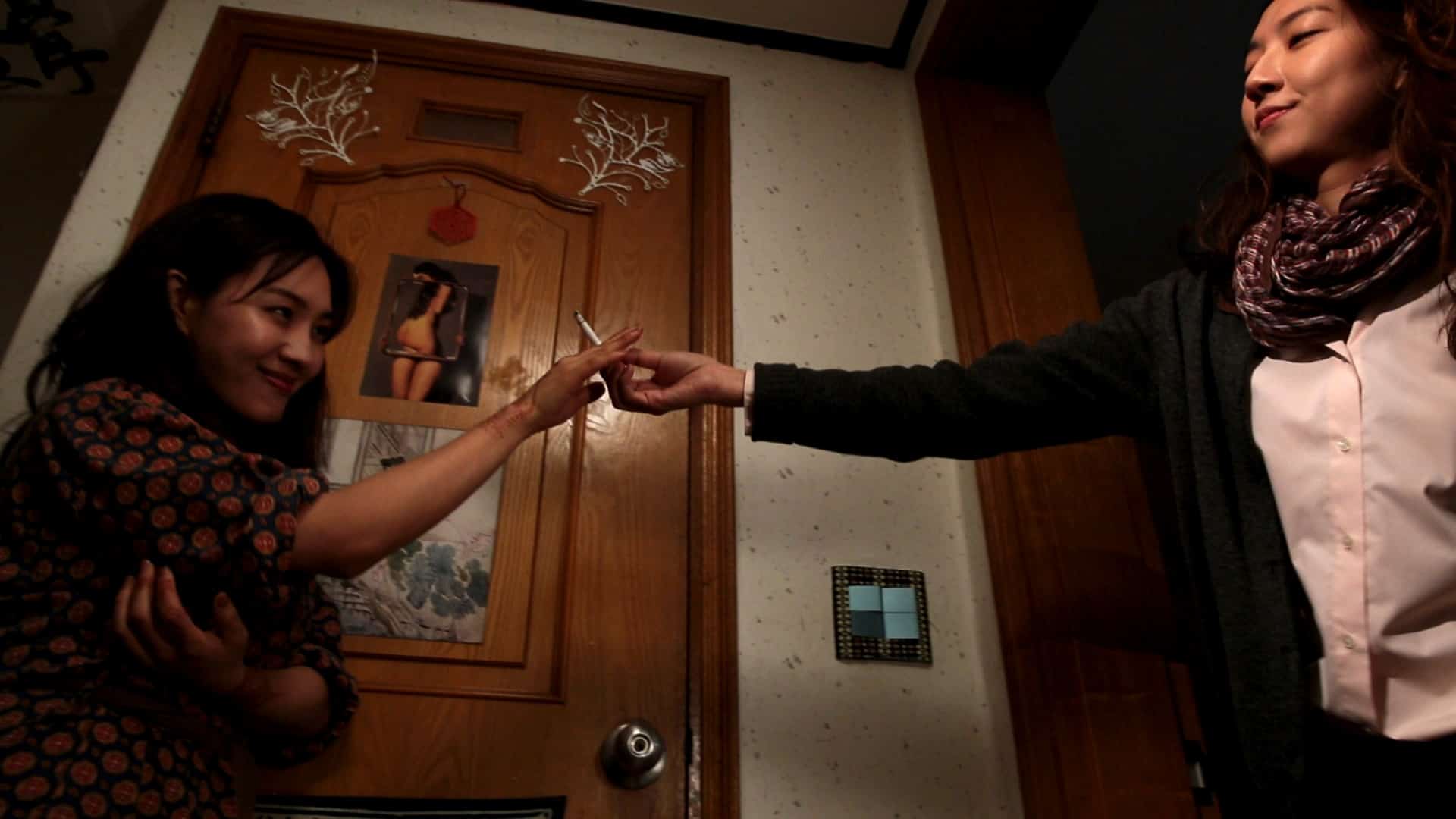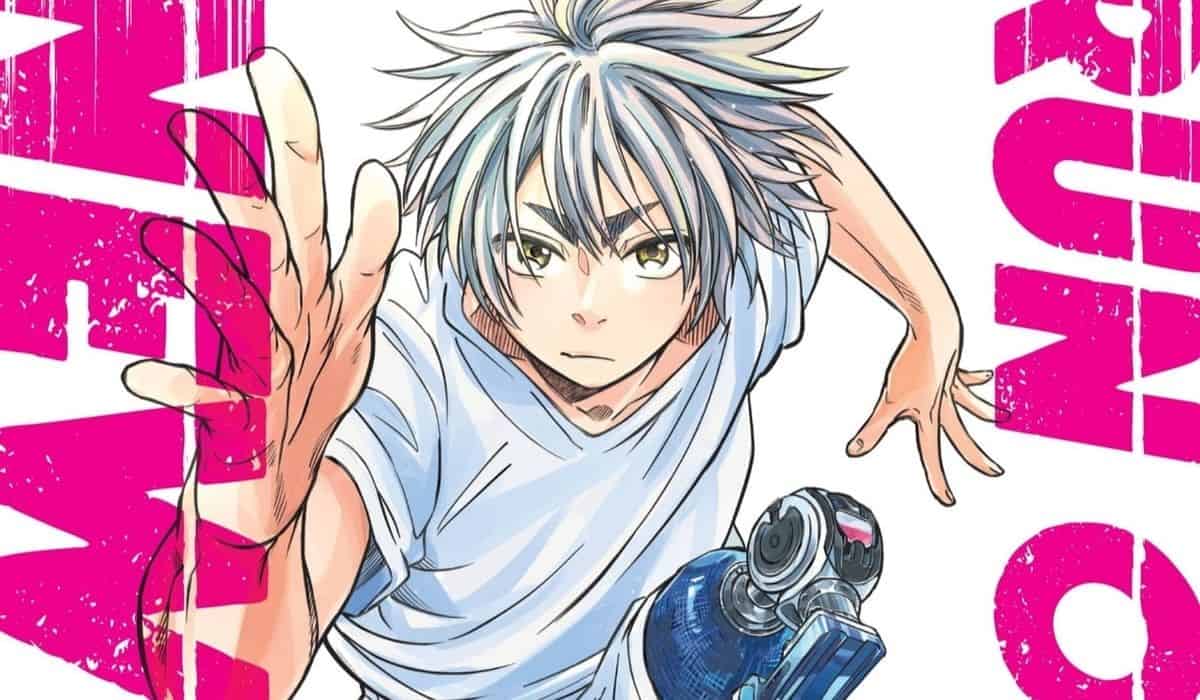Japanese humor is rather unique, occasionally moving towards intelligent, quirky and deadpan paths, occasionally towards absurd, slapstick or even appalling and “blasphemous” ones. “Zokki”, the collective effort of Naoto Takenaka, Takayuki Yamada and Takumi Saitoh, thankfully lingers mostly towards the first two categories, in five intermingling episodes written by Yutaka Kuramochi, based on short stories by manga artist Hiroyuki Ohashi.
“Zokki” is screening at New York Asian Film Festival

The omnibus begins with a story of a kidnapping that ends up with a grandfather talking about secrets with his granddaughter, who eventually throws out of her mouth the milk she was drinking, which sets up the tone, to a point at least, for the rest of the movie. Another story focuses on Fujimura, a loner who decides to go for a road trip with his bike, eventually arriving at a seaside town, where he is taken in by a friendly fisherman who introduces him to his crew whose relationships, though, seem to harbor much violence. Makita, nerdy loner high school student, finally finds a friend in the face of Ban, a rather intensely eccentric classmate who has an obsession with Makita's sister, although such a person does not actually exist. To retain the friendship, however, the “brother” plays along, even when Ban's requests become rather perverse, in a lie that actually continues even after they finish school.
The third story involves an unemployed father and his kid, who end up visiting the former's highschool in order to steal a punching bag, but instead end up dealing with a mannequin ghost. The last story focuses on Ito, who, in the beginning of the movie, mocks his neighbor Fujimura for going on a trip on his bike, although his life own life is at least as sad, since he works by himself in a video store, writing notes on paper napkins that say “Good Morning” every night, only to have someone greet him in the morning. Eventually, something changes regarding his napkin, and it is not his doing.
The most interesting aspect of the narrative here is the way the stories are connected, with various locations functioning as meeting points of the arcs, with a supermarket in particular, functioning as such repeatedly. The approach in that regard is indicative of the whole humoristic sense of the film, which is the one that essentially connects the various segments, along with the concepts of secrets and loneliness, and the way people implement to get over it. These common spaces also have another result, of making the film seem homogenous, despite its episodic nature and the presence of three different directors. This sense is also heightened by the cinematography, that includes similar, saturated colors throughout, and the editing, both in the way the various episodes are connected, and for retaining the usual leisure pace of the Japanese indie.
The sense of humor, however, could be described as “too Japanese” on occasion, with a number of jokes evidently addressing only the local audience or at least people who are quite familiar with local cinema, to the point that it seems difficult for the movie to find much appeal outside the country or specific festivals, even if the quality of humor, for those who comprehend it, is quite high. The meta humor regarding Pierre Taki playing a fisherman who has just been released from prison is a distinct sample.
On the other hand, the already impressive presence in the directorial helm, with Naoto Takenaka being a cult favorite and Takumi Saitoh and Takayuki Yamada superstars in their own right in Japan, is cemented with the equally impressive casting. Ryuhei Matsuda as Fujimura, Pistol Takehara as the unemployed father and Jun Kunimura and Pierre Taki as fishermen round up a rather impressive credits section. The ones who steal the show, however, both with their acting and with their arc are definitely Yusaku Mori as Makita and Joe Kujo as Ban, whose antithetical chemistry and the preposterous basis of their friendship is the most entertaining aspect of the movie, along with the finale.
“Zokki” may be “too Japanese” on occasion, but still emerges as a rather smart and funny film that will definitely satisfy fans of the local indie comedy.
















